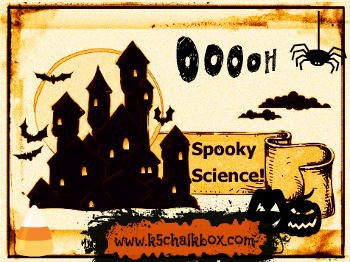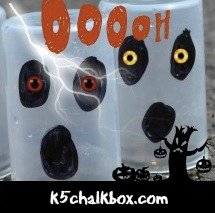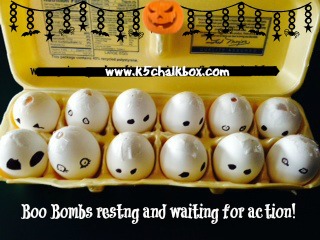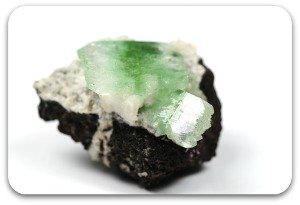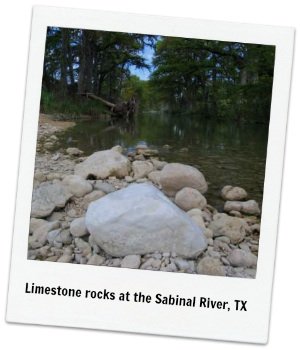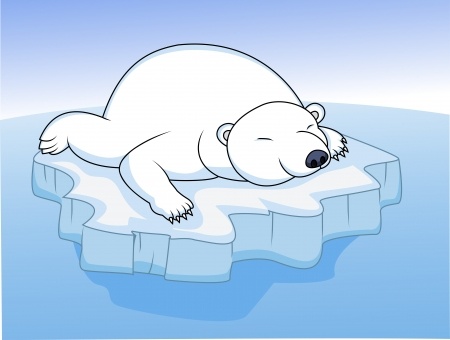Water Cycle Diagram for Kids
Here it is – a water cycle diagram for kids. Ok, this project totally happened by accident but it was amazing and the students totally understood the water cycle at the end. This project is all about bringing the water cycle for kids down to a child’s level. It is tied into our author study … Read more
